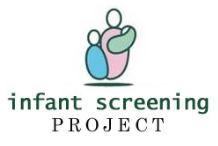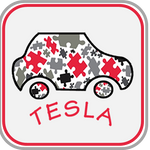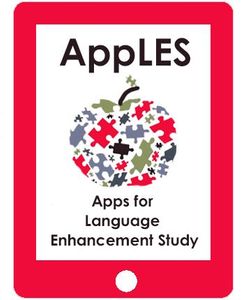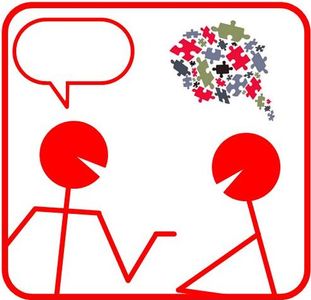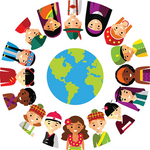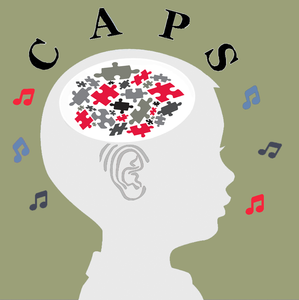Past Research
Past Research
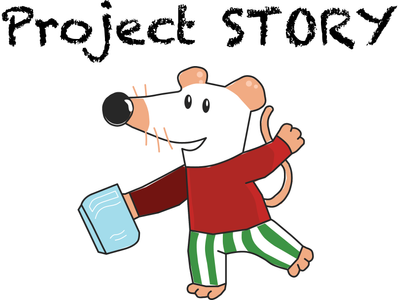 Project STORY
Project STORY
Study Focus: Learn more about how the brains of preschool-aged children with and without autism function during live social interactions.
Recruitment: Children (3-5 years old) with no known developmental delays or disorders AND Children (3-5 years old) with a diagnosis of Autism Spectrum Disorder/ ASD.
Read More About Project STORY →
Infant Screening Project (ISP)
Study Focus: Identifying risk markers for autism spectrum disorders and/or communication difficulties across early development.
Analyses on the data collected as part of this project are ongoing..
Publications that came from ISP
Training Early Social Language in Children with Autism (TESLA)
Study Focus: Investigating how targeted interventions in key early skills can lead to advances in social language and changes in the brain
Analyses on the data collected as part of this project are ongoing.
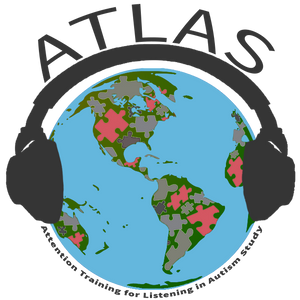 Attention Training for Listening in Autism Study (ATLAS)
Attention Training for Listening in Autism Study (ATLAS)
ATLAS explored whether a novel video game could improve auditory attentional abilities in young adults and adolescents with ASD, as measured by changes in hearing abilities, behavior, and noninvasive brain imaging.
Due to Covid-19, ATLAS created a remote study interviewing caregivers of young adults with ASD and sensory sensitivities. Analyses on the data collected as part of this remote project are ongoing.
Apps for Language Enhancement Study (AppLES)
AppLES explored whether mobile apps for tablets could increase language in minimally verbal children and adolescents with autism. While there has been an explosion in the number of mobile apps developed for children, including those with autism, few researchers have investigated whether apps lead to significant changes in language.
Analyses on the data collected as part of this project are ongoing.
Autism Center of Excellence (ACE)
The primary mission for ACE was to advance scientific knowledge about language and social communication in children with autism. ACE supports three projects which collectively enhanced our understanding of autism and language. Our studies provided convenient and fun ways for children and their families to participate in research.
Analyses on the data collected as part of this project are ongoing.
Publications that came from ACE
Autism and Culture Study
This study focused on issues related to cultural diversity and their impact on ethnic and racial minority families who have children diagnosed with ASD. We were particularly interested in exploring the significance of immigration, bilingualism, and cultural background on the language abilities of children with ASD. This study was specifically focused on South Asian families residing in the United States.
Read More About the Autism and Culture Study →
Brain Imaging Language Development (BILD)
BILD was a project that used fMRI to examine how the brain processes language. The project focused on whether children with autism use different brain pathways for language, and how they compare to children with other language based learning disorders and typically developing children.
Analyses on the data collected as part of this project are ongoing.
Child Auditory Processing Study (CAPS)
CAPS used EEG to investigate the brain systems underlying speech and sound processing. We are interested in how children with autism and their typically developing peers use auditory and visual cues to understand language. There were two branches of CAPS – one focused on typically developing children and adolescents (ages 3-17) and the other focused on children and adolescents with Autism (ages 3-21).
Analyses on the data collected as part of this project are ongoing.
The Deaf Autism Project
This project was the world’s largest study on autism in deaf children learning sign language. We hope that the data collected during our study will lead to better treatment options for deaf children as well as a better understanding of how autism affects learning in both deaf and hearing children.
Analyses on the data collected as part of this project are ongoing.
Read More About the Deaf Autism Project →
Williams Syndrome Research
A love for people is characteristic of individuals with Williams syndrome, and it is hard not to be charmed by their friendly and sociable nature. But what do people with Williams syndrome really understand about others? How do people with Williams Syndrome perceive and process social and emotional information? How do they monitor their attention to social and nonsocial aspects of their environment?
Our studies of individuals with Williams syndrome addressed these questions, using a variety of methodologies.
